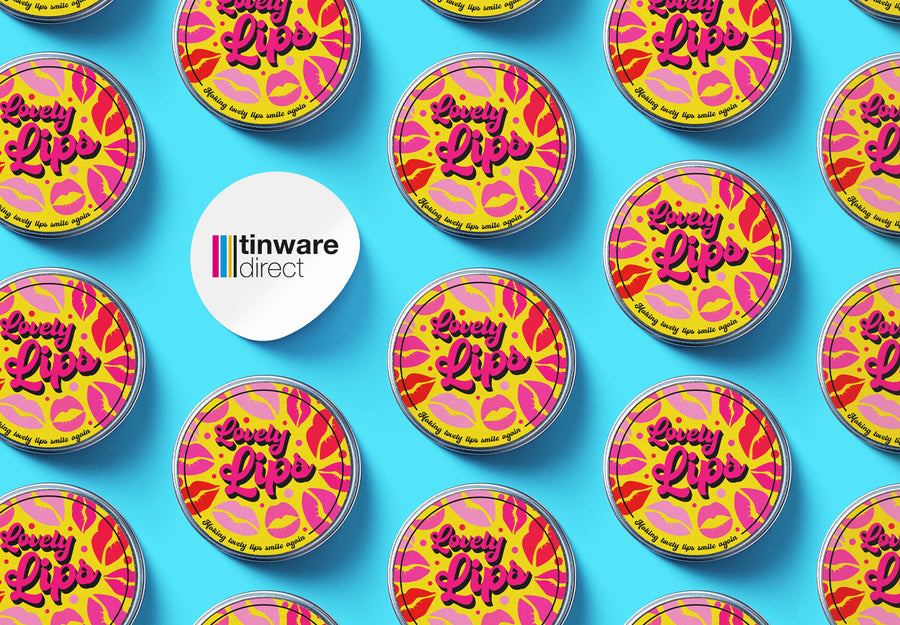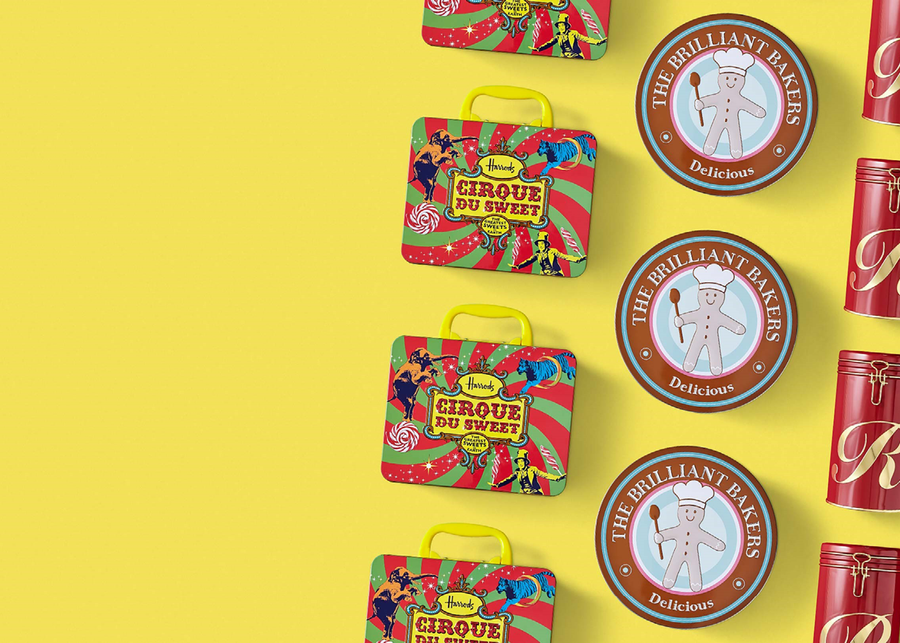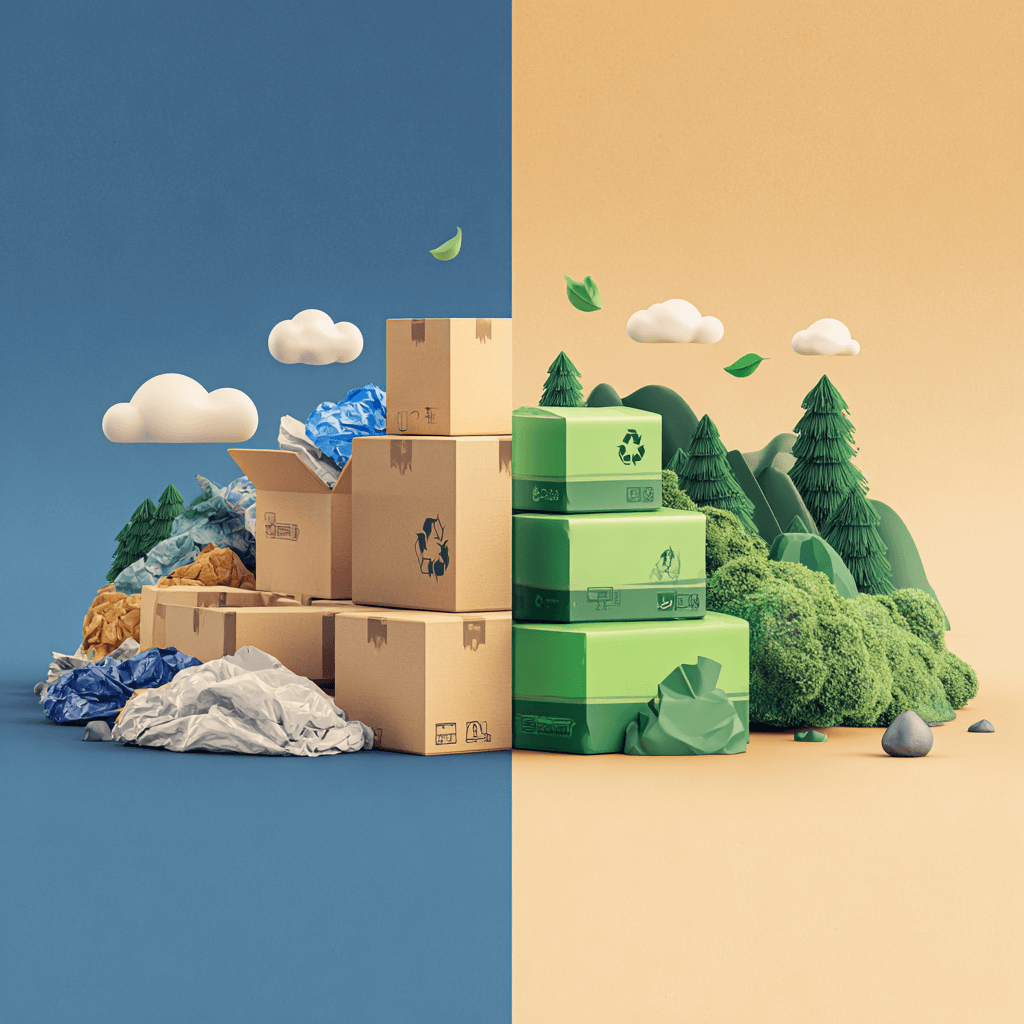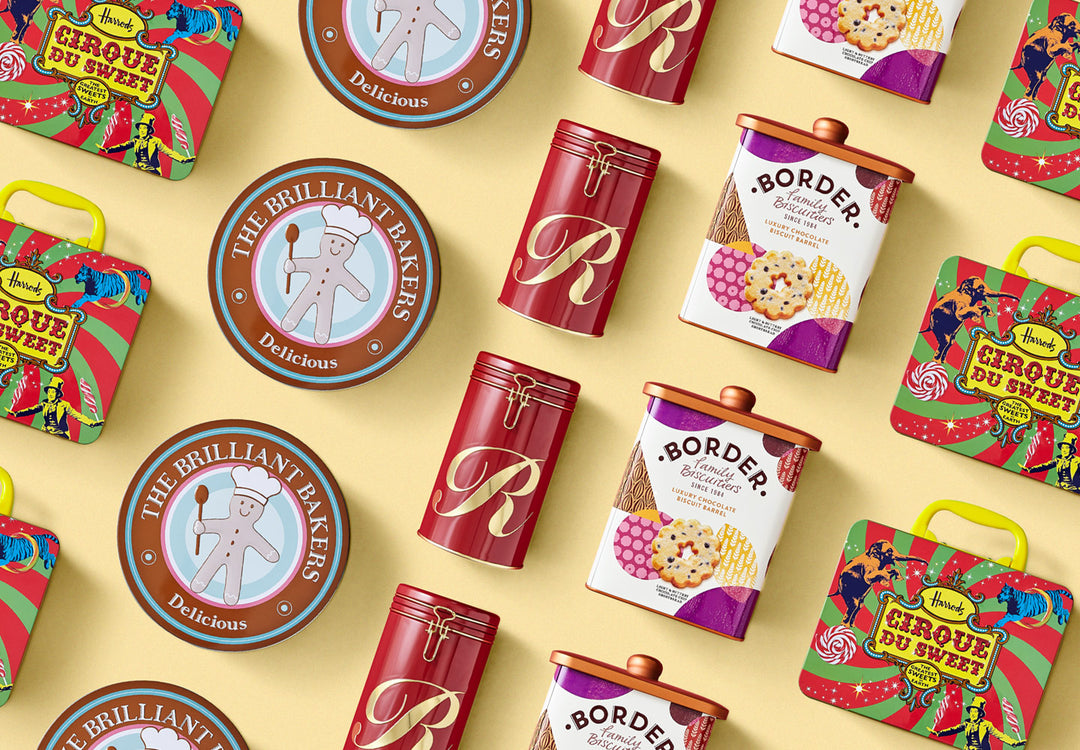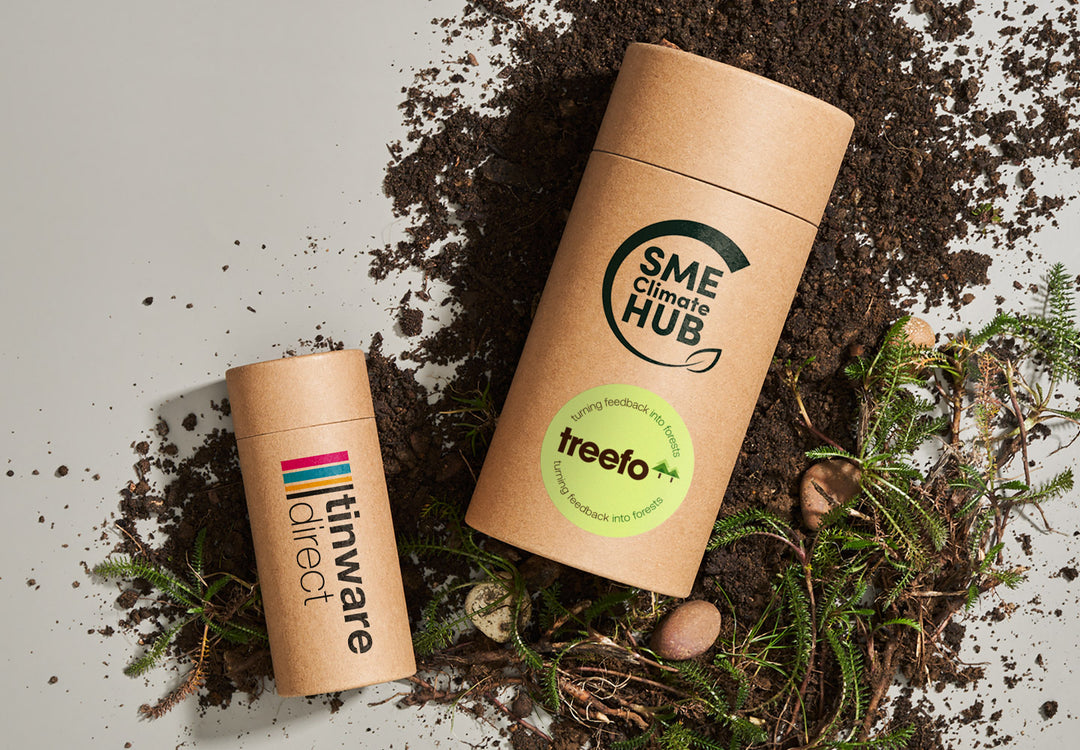EU Announces New Legislation To Prevent Greenwashing With Sustainable Packaging Claims
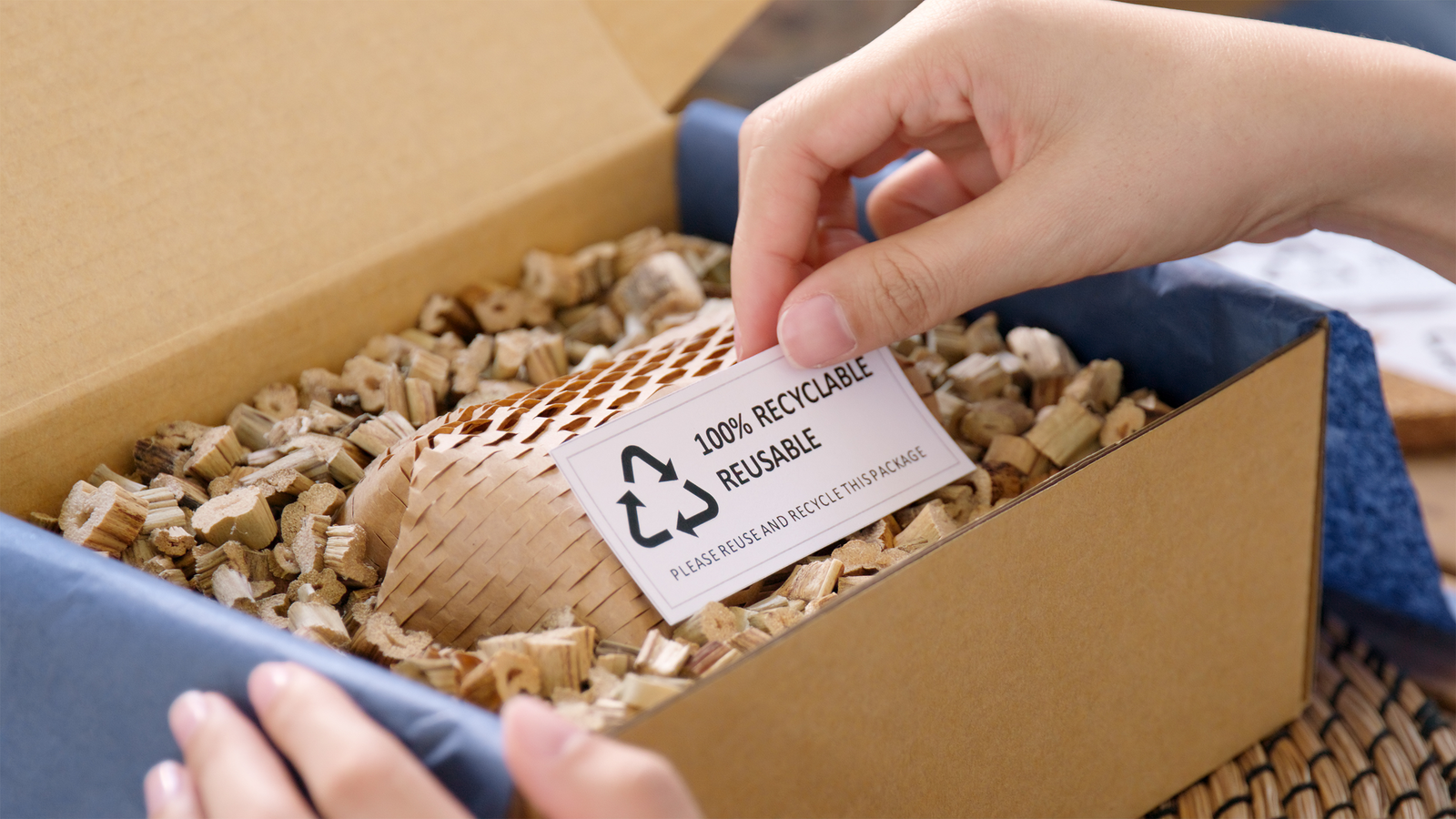
The European Parliament has finalised a new law which will ban misleading environmental claims appearing on products and help improve labelling for customers.
The law is focused on protecting consumers from misleading practices and ensure that they are able to make better purchasing choices overall.
Certain problematic marketing tactics commonly associated with greenwashing will now be added to the growing list of EU banned commercial practices.
Businesses will no longer be able to add sustainable labelling to their packaging without concrete evidence. Impacted packaging terms include:
- “Environmentally friendly.”
- “Biodegradable”
- “Climate neutral”
Once these new rules are introduced in member states sustainability labels that are based on official certification schemes or those established through public authorities are the only terms that will be allowed in the EU for marketing purposes.
The directive will also ban claims that a product is “climate-positive,” “climate-neutral” or has a “reduced” impact on the environment due to CO2 emissions offsetting schemes. The EU parliament stated that while movements like this by companies were welcomed, they would no longer be accepted as proof that a product was beneficial to the environment.
Member states now have two years to introduce the new legislation.
What Is Greenwashing?
Greenwashing refers to a type of marketing which is designed to make products more appealing for eco-conscious consumers. Greenwashing is not always intentional and can be a result of a lack of research or miscommunication.
This news follows accusations made against major food producers Nestle and Coca-Cola that their sustainability claims are not accurate.
Our Perspective
Governments have for years that they were planning to take action against unproven sustainability claims made by businesses.
Recent reports have also shown that consumers are often confused about unfounded sustainability claims present on product packaging.
This is why it is crucial for businesses to choose packaging for their products that is certifiably sustainable. This is particularly important if you are planning on using the green standards of your packaging as part of your overall marketing strategy.
Consumers are more interested than ever in choosing products that are the right choice for planet earth, but only if the package lives up to that promise.
One of the clear benefits of metal packaging including tinplate and aluminium over other alternatives is that it can be recycled an unlimited amount and it can be reused or repurposed. As such, it is a true sustainable choice for any brand.
Sources
EU bans ‘misleading’ environmental claims that rely on offsetting | Carbon offsetting | The Guardian
